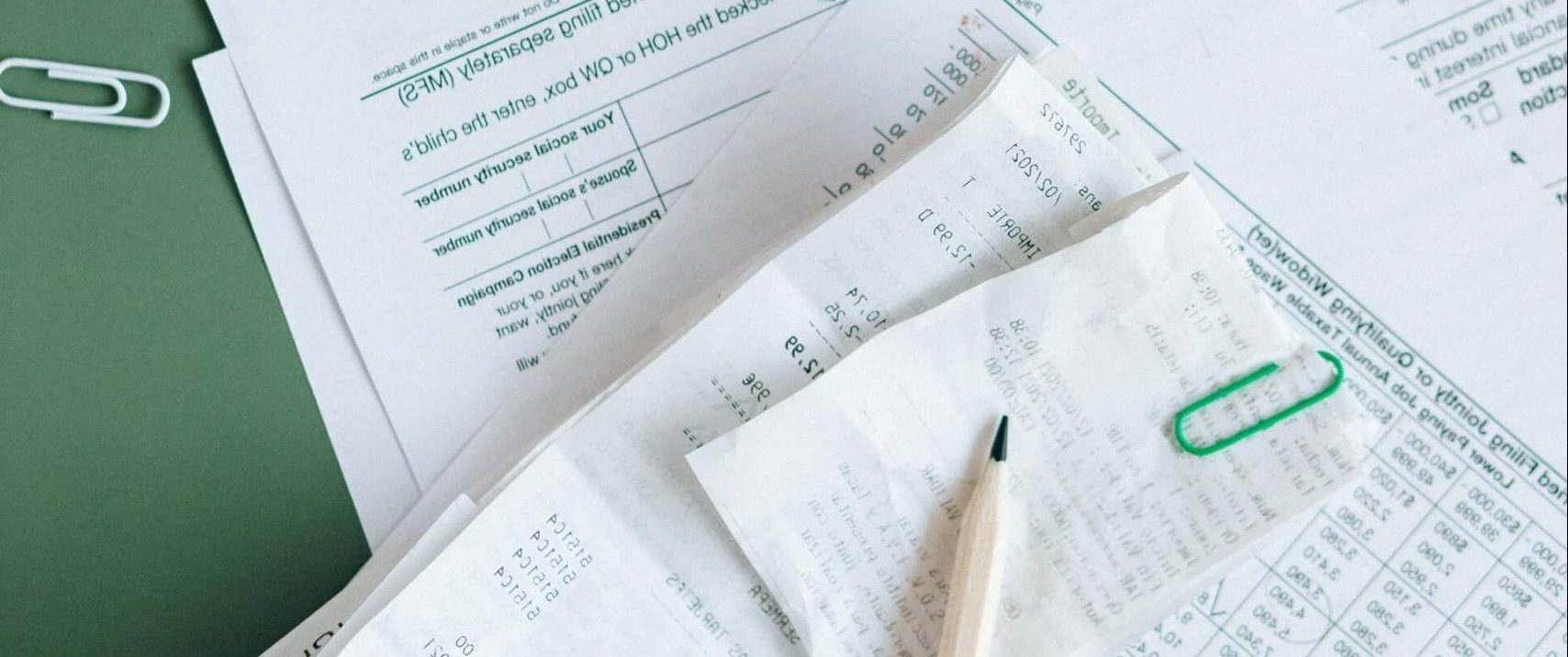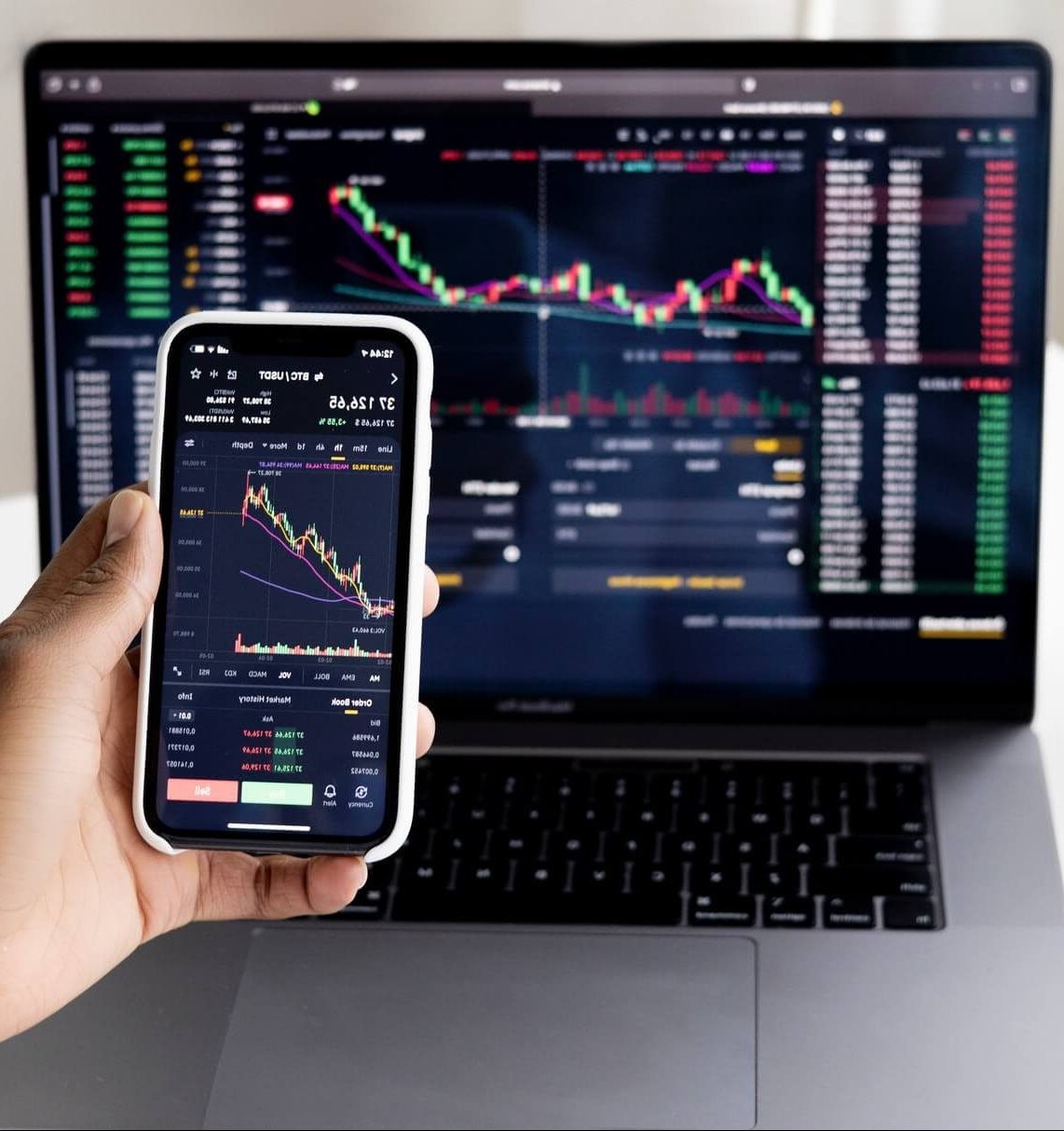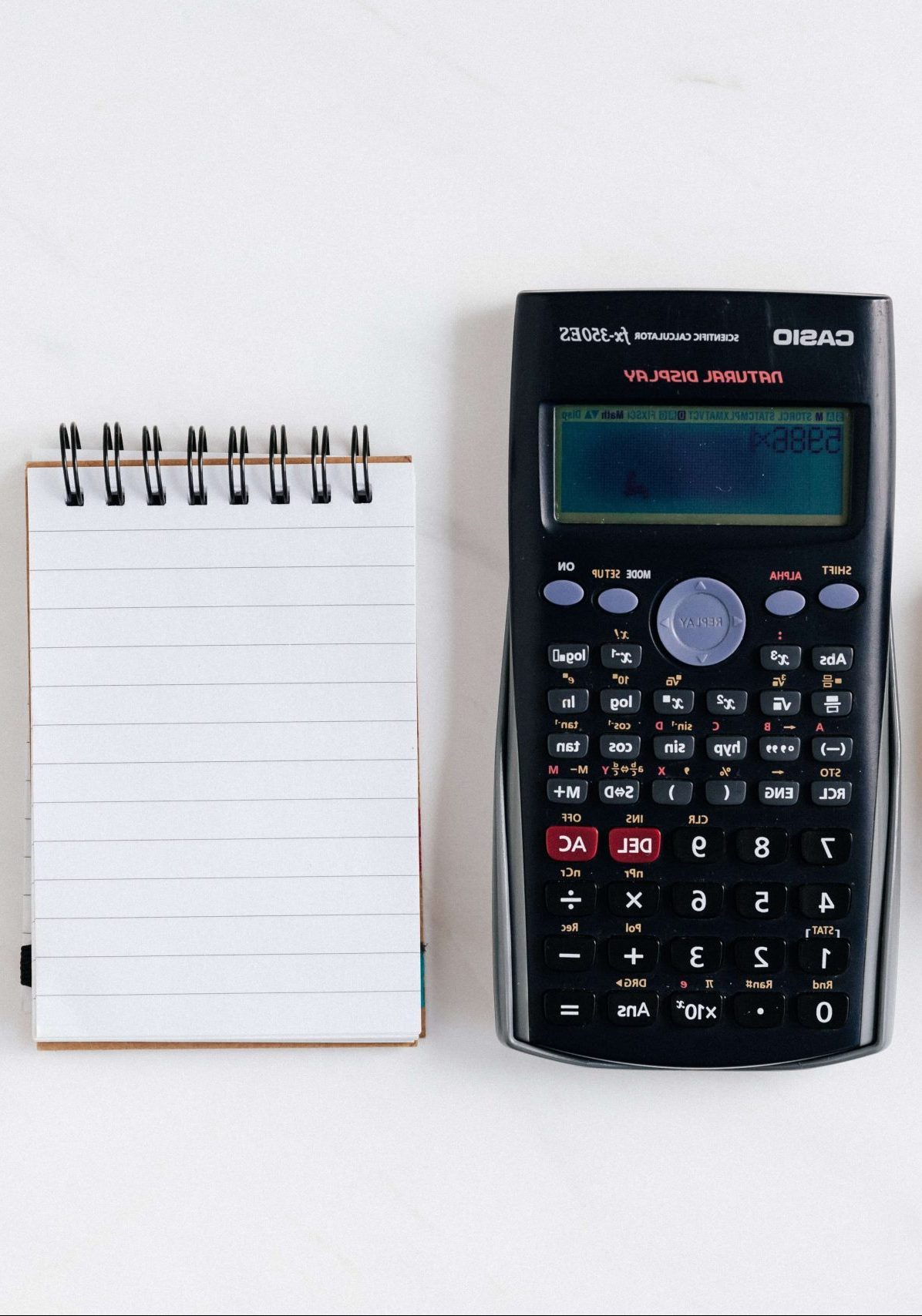
What is Income Tax? What are the rates for 2022-2023? For 2021-2022? Do I need to pay taxes on my benefits? If you are employed or receiving benefits, chances are that you need to pay taxes on your income. However, you may wonder how much much you will need to pay, and on what amount of income. Furthermore, a certain amount of your income is likely to be tax-free (Personal Allowance). Your Benefits will tell you everything that you need to know about Income Tax.
What is Income Tax?
Income Tax is a type of tax. Indeed, you have to pay it on your income. However, there are types of income where you may not have to pay Income Tax.
If you reside in the UK, you also likely have a Personal Allowance. Indeed, this means that you have a certain amount of income you can get, before having to pay taxes on it. Additionally, you may also be eligible for tax relief, which would decrease the amount of tax you have to pay.
If your income increases, your tax bills may be bigger if you claim benefits. However, if you claim marriage allowance or blind allowance, it may decrease. The bill then shows the tax allowance. Furthermore, national insurance contributions and income from property counts towards taxes paid.
Do I need to pay Income Tax?
You may or may not need to pay Income Tax. Indeed, to find out if that is the case for you, there are a number of steps that you need to take. First, take all your taxable income. Indeed, this includes benefits that you need to pay taxes on.
Second, add up all your allowances that you do not need to pay taxes on. Third, subtract that number from your taxable income. Once you have subtracted your tax-free allowances from your taxable income, there might be a certain amount of tax left to pay. Then, that means that you are a taxpayer.
What are the Income Tax rates and bands for 2022-2023?

How much Income Tax you need to pay depends on a number of factors. Indeed, it relies on mainly 2 main factors. First, the amount of income that is over your Personal Allowance. Second, how much of your income falls in each respective tax band.
Note that tax years do not start in January. For example, the 2022 to 2023 tax year start on 6 April 2022 and ends on 5 April 2023.
You may receive a pension or be employed. If that is the case, you can check how much Income Tax you need to pay for the current tax year. Indeed, you may do so on the Gov.UK website. Then, you will be able to see a couple of information.
In fact, by checking how much Income Tax you need to pay, you will first know your tax code and Personal Allowance. Additionally, you could see how much you already paid in the tax year, and how much you still have to pay.
What is my Personal Allowance?
Your Personal Allowance is the amount of income you can get before having to pay tax on it. The standard Personal Allowance is £12,570. This means that you will not have to pay taxes on your first £12,570 of income.
If your Personal Allowance is of, £12,570, there is a certain amount that you will pay for each tax band. Indeed, they are as follows:
| Income Tax rates for the 2022 to 2023 tax year per tax band | ||
|---|---|---|
| Tax rate | Tax band | Amount of income |
| 0% | Personal Allowance | Maximum of £12,570 |
| 20% | Basic rate | Between £12,571 and £50,270 |
| 40% | Higher rate | Between £50,271 and £150,000 |
| 45% | Additional rate | More than £150,000 |
What was the Income Tax rates for the 2021 to 2022 tax year?
The Personal Allowance was the same for the 2021 to 2022 tax year. However, you would need to pay Income Tax for your income over the Personal Allowance at a different rate.
Indeed, the basic rate (at 20%) applied to those who earned between £0 and £37,700. Then, they would need to pay this tax rate for income over £12,570.
The higher rate (40%) applied to those who earned between £37,701 and £150,000. Indeed, you would then need to pay taxes at this rate for income over £50,270. Lastly, the additional rate (45%) is for income over £150,000. Then, you would need to pay taxes on all your income.
Could I get other allowances?
You may be able to receive other tax-free allowances. Indeed, this is the case if you receive dividends (by owning a company’s shares), or receiving interests on your savings.
There is also additional income on which you may not have to pay taxes. Indeed, this is the case for the first £1,000 of income that you receive on property that you rent out. However, this is the case unless you go through the Rent a Room Scheme in order to do so.
If you are self-employed, the first £1,000 that you get in income are also tax-free. Indeed, this is also known as a ‘trading allowance’.
What if my income is over £100,000?
You may have an income over £100,000. If this is the case, your Personal Allowance will decrease by £1 for every £2 over £100,000 (for your adjusted net income). Indeed, if your income is £125,140 or more, you will not have a Personal Allowance. You will need to pay taxes on all of your income.
Note that you will need to complete a Self Assessment tax return as well. However, you may not typically complete a tax return. Then, following the tax year in which you had your income, you will have to register by 5 October. You can do so on the Gov.UK website.
Your Benefits provides a free simulator that can show you all of the benefits that you are entitled to. Indeed, you could be missing out on a number of financial aid. Additionally, as I said before, this service is completely free.
Income Tax: what types of income are affected?

There are a number of things affected by Income Tax. Indeed, you would have to pay taxes on the following:
- Interests that you get for savings that are more than your savings allowance;
- Income that you receive from a trust;
- Benefits that you receive from of your work;
- Rental income (this is if you receive below the rent a room limit and are a live-in landlord);
- A majority of pensions (this includes State Pension, retirement annuities and company and personal pensions);
- The Test and Trace Support Payment for those living in England (if you live in Scotland this is called the Self-Isolation Support Payment, and it is called the same if you live in Wales);
- Payments and grants made to support your business because of the coronavirus situation. This includes the Self-Employment Income Support Scheme, the Small Business Grant Fund, Coronavirus Job Retention Scheme, or the Retail, Hospitality and Leisure Grant Fund;
- A number of state benefits (see below);
- Profits that you receive if you are self-employed (this in fact includes selling services through an app or website);
- Money that you receive through your employment.
What benefits do I need to pay taxes on? There are a number of benefits that are likely to be taxed for you. Indeed, this is the case for the following:
- State Pension;
- Carer’s Allowance;
- Pensions awarded through the Industrial Death Benefit scheme
- Widowed Parent’s Allowance;
- Bereavement Allowance (which was formerly known as Widow’s Pension);
- Incapacity Benefit (you only have to pay taxes from the 29th week of getting the benefit);
- Contribution-based Employment and Support Allowance (ESA);
- Jobseeker’s Allowance (JSA).
What do I not need to pay Income Tax on?
You may not need to pay taxes on all types of income. Indeed, the following are not affected by Income Tax:
- A number of state benefits (see below);
- Rent paid by a lodger living in your home, which is under the rent a room limit;
- National lottery or premium bond wins;
- Dividends that you get below the dividend allowance from company shares;
- Income that you receive from a tax-exempt account (this includes National Savings Certificates and Individual Savings Accounts (ISAs));
- When you are renting a property, the first £1,000 in income that you make on it;
- Your ‘trading allowance’ when you are self-employed, this is the first £1,000 of income that you make.
What benefits will I not need to pay taxes on? Well, there are a number of benefits that you will not need to pay any income tax on:
- Working Tax Credit;
- Christmas Bonuses;
- Winter Fuel Payment;
- Bereavement payments paid in lump sums;
- Universal Credit;
- Guardian’s Allowance;
- Personal Independence Payment (PIP);
- Severe Disablement Allowance;
- Pension Credit;
- War Widow’s Pension;
- Maternity Allowance;
- Industrial Injuries Benefit;
- Child Tax Credit;
- Income-related Employment and Support Allowance (ESA);
- Income Support (note that you may have participated in a strike. If that is the case, you will often have to pay taxes on Income Support);
- Housing Benefit;
- Free TV licence for those older than 75 years old;
- Disability Living Allowance (DLA);
- Income-based Child Benefit;
- Bereavement support payment;
- Attendance Allowance.
You could be eligible to receive a number of these benefits and not even know it. If you believe that you could, do not hesitate to visit the articles linked above. They will tell you about these benefits, as well as what you could receive with them.
How can I pay Income Tax?
There are different ways to pay Income Tax. More specifically, there are mainly 2. Indeed, through your Self Assessment tax returns, or through your Pay As You Earn (PAYE).
First, you may want to pay Income Tax through PAYE. Indeed, paying through your Self Assessment tax return is recommended if your income is more complicated.
PAYE is the more straightforward method. Indeed, your employer and pension provider likely use this method in order to take out National Insurance and Income Tax out of your pension or pay. In fact, it is your tax code which lets your employer know how much they should take off.
Furthermore, this same tax code takes into account what you owe on state benefits. As such, if you still have to pay taxes on them, it will typically be subtracted from other income that you are paid.
You may also pay your Income Tax through your Self Assessment tax return. Indeed, this is likely the case if your income is high, or you are self-employed. Then, you would use this form every year to pay National Insurance and Income Tax.
If you earn over a certain amount, you also need to complete a tax return. Indeed, this is for the following:
- £2,500 from income that is not taxed (this can include renting a property, or receiving tips, for example);
- £1,000 that you receive from self-employment.


